And what, Socrates, is the food of the soul? Surely, I said, knowledge is the food of the soul
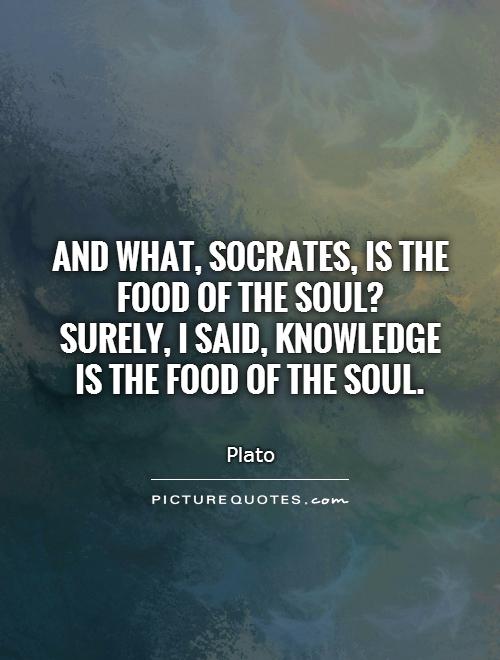
And what, Socrates, is the food of the soul? Surely, I said, knowledge is the food of the soul
In Plato's dialogues, particularly in the works of Socrates, the concept of knowledge as the food of the soul is a recurring theme. Socrates believed that true knowledge was essential for the nourishment and growth of the soul, just as food is essential for the nourishment and growth of the body. This idea is expressed in the quote, "And what, Socrates, is the food of the soul? Surely, I said, knowledge is the food of the soul."For Socrates, knowledge was not just about acquiring information or facts, but about understanding the deeper truths and principles that govern the universe. He believed that true knowledge was the key to living a virtuous and fulfilling life. In the dialogues, Socrates often engages in discussions with his interlocutors to help them uncover their own ignorance and seek out true knowledge.
Plato, a student of Socrates, further developed this idea in his own works. In his famous allegory of the cave, Plato describes a group of people who are trapped in a cave, only able to see shadows on the wall. These shadows represent the illusions and false beliefs that people hold about the world. Through education and enlightenment, the prisoners are able to break free from the cave and see the true reality outside.
Plato believed that the pursuit of knowledge was essential for achieving a higher state of being and understanding. He saw knowledge as a transformative force that could lead individuals out of ignorance and towards enlightenment. In this sense, knowledge was not just a means to an end, but a way of life that could elevate the soul to a higher level of existence.

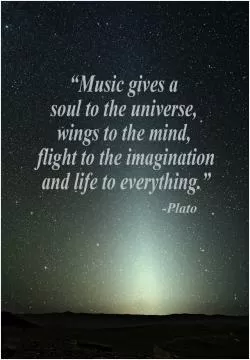
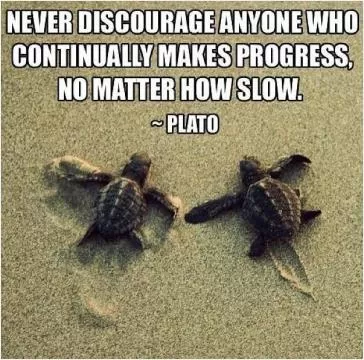

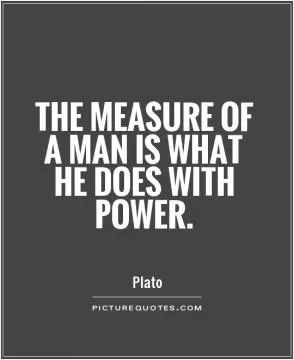
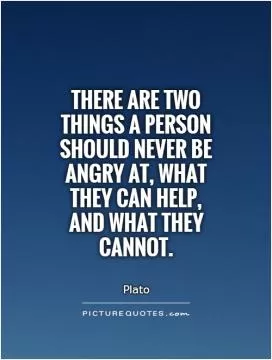


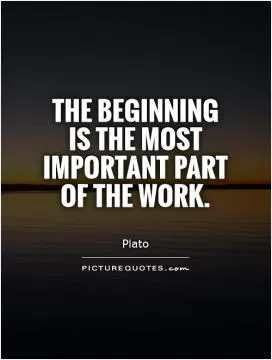

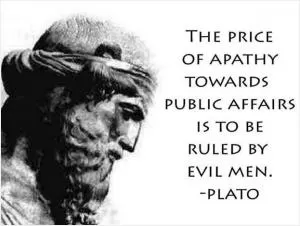

 Friendship Quotes
Friendship Quotes Love Quotes
Love Quotes Life Quotes
Life Quotes Funny Quotes
Funny Quotes Motivational Quotes
Motivational Quotes Inspirational Quotes
Inspirational Quotes